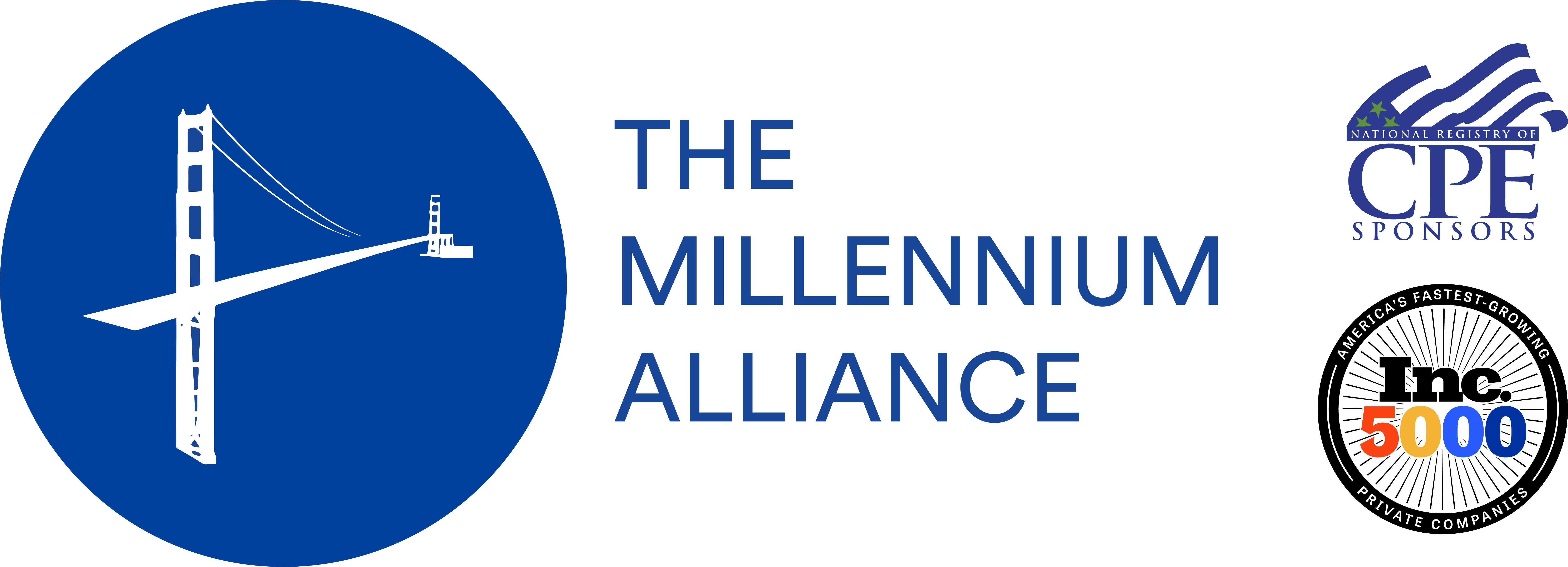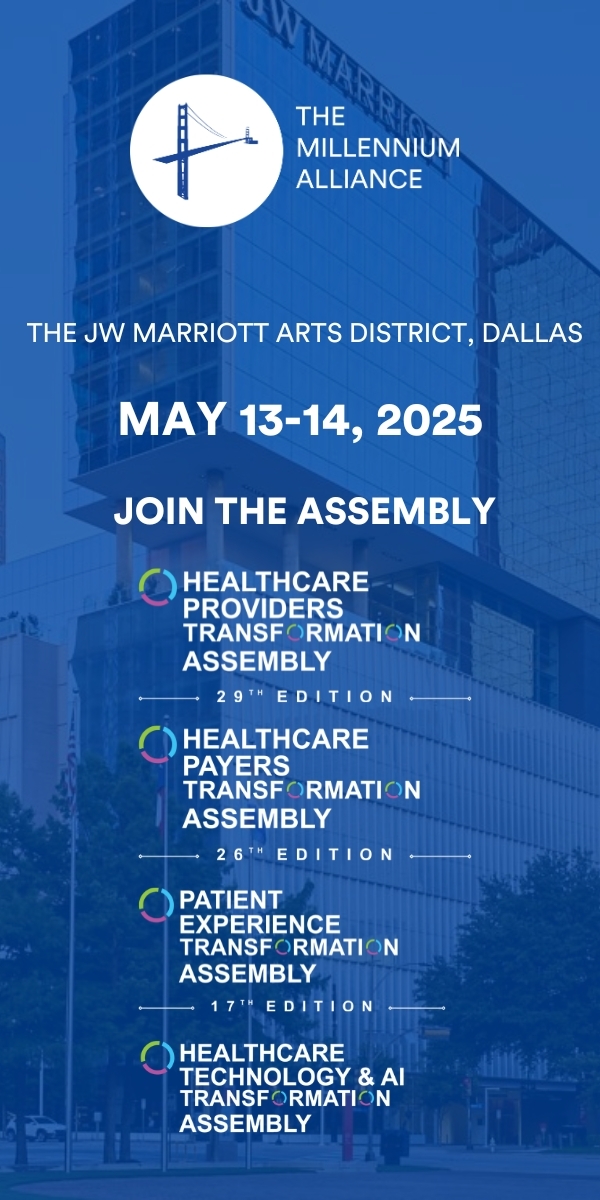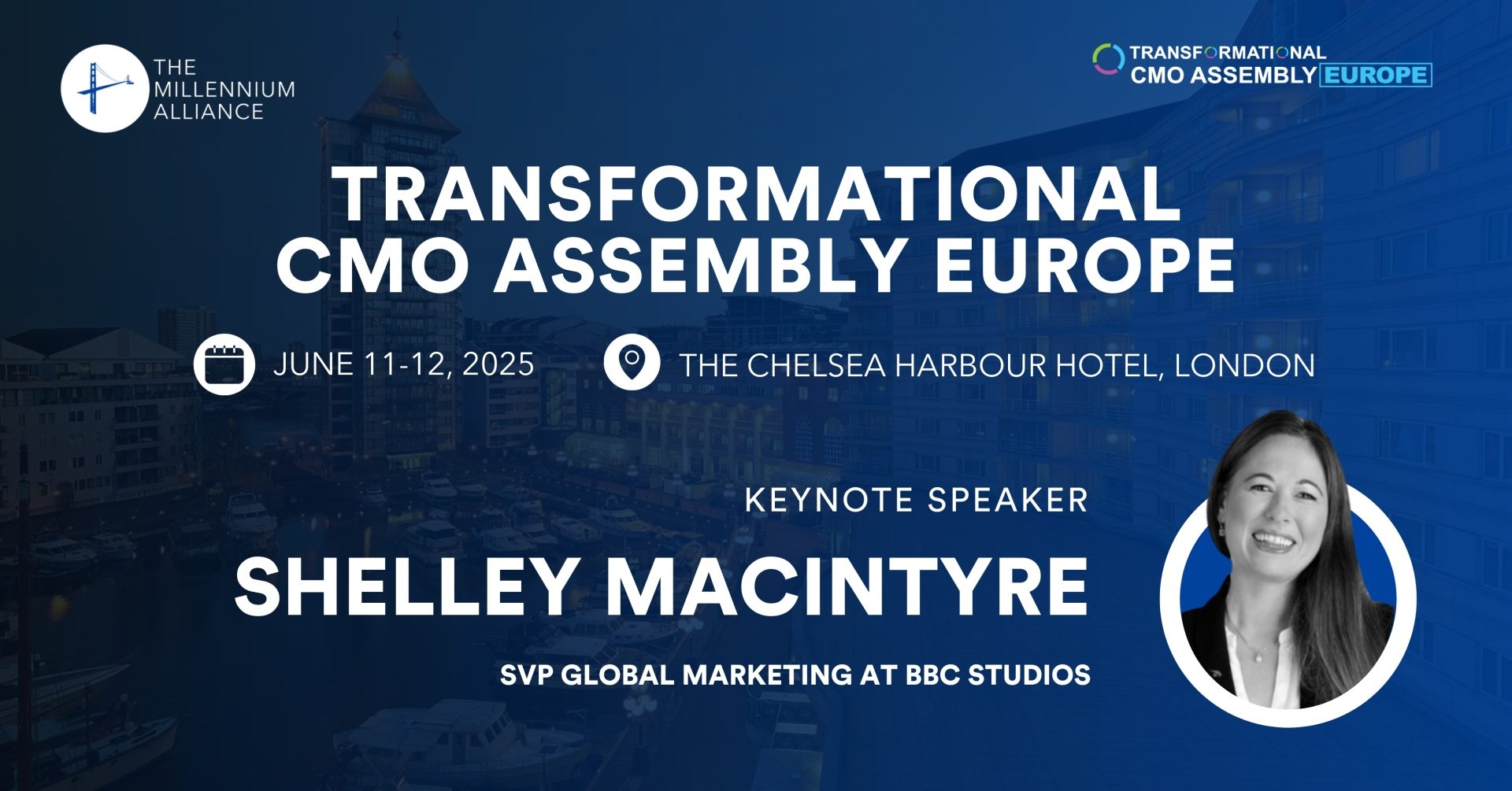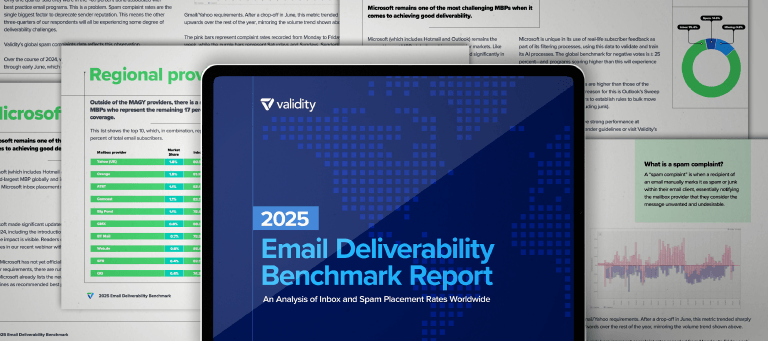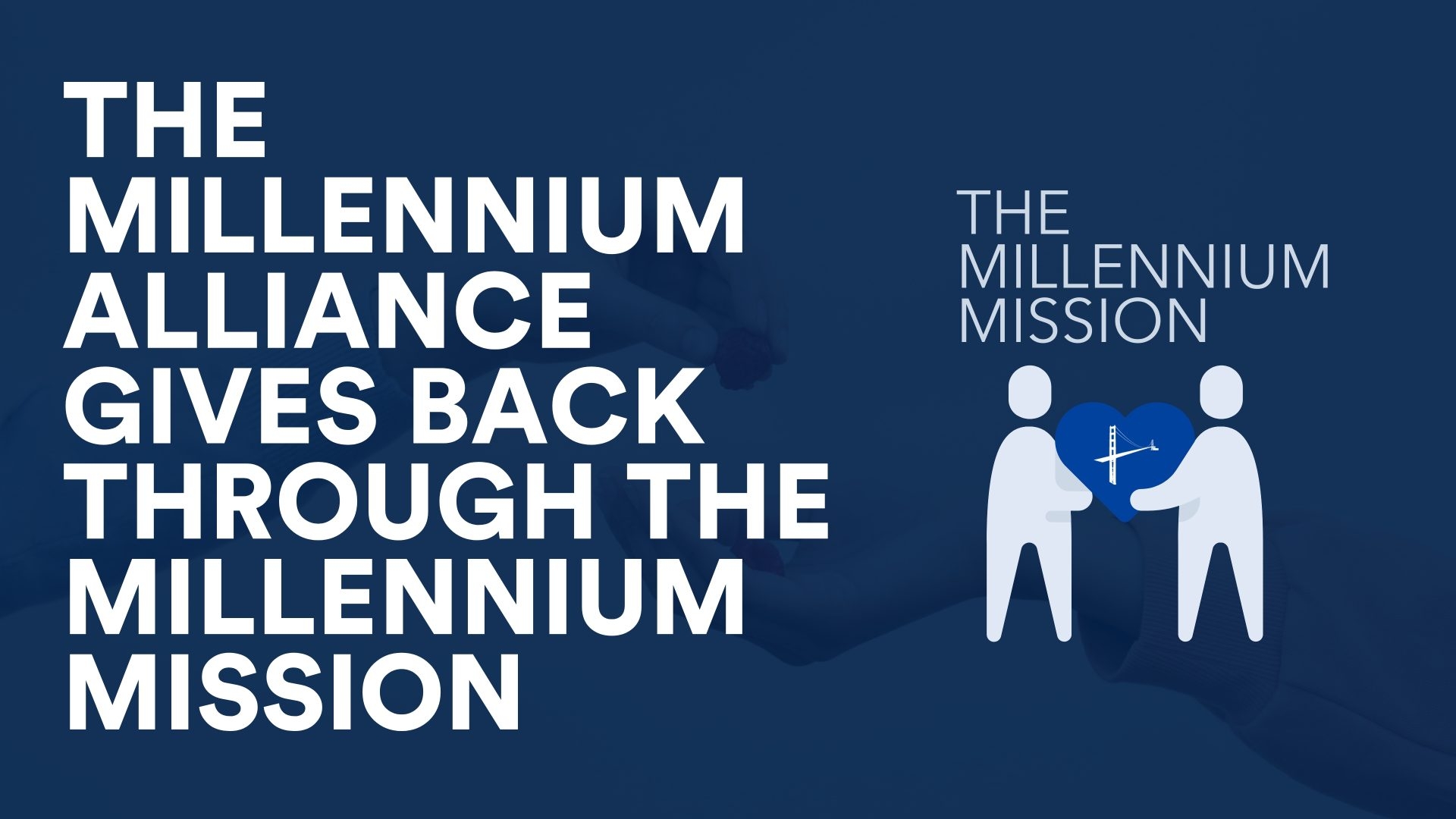As originally published by David Sable on Linkedin. Subscribe to the newsletter!
23 hours and 39 minutes, or the length of the longest zoom meeting in the world. 1,419 minutes. It was a call that started at 8:00 am and lasted until Zoom punked out on them, just shy of the goal of 24 hours.
To some of us, this number doesn’t seem like a crazy Guinness World Record quest, but rather just another day in our lives. However, it was less than ten years ago that another tech-enabled meeting garnered a different Guinness World Record. On December 12, 2012, 16,972 participants took part in the largest telephone conference in history. According to Guinnessworldrecords.com, “All the participants were on the call concurrently for at least ten seconds.”
And as PM News points out, “The Guinness World Record does not say what they talked about, but the sheer number of participants could leave anyone with questions about whether this was a productive meeting.”
What is our obsession with longest meeting time world records? Could it be that we know that our meetings are already getting interminably long? Maybe we hope that by immortalizing our seemingly endless work sessions, fifteen minutes of fame will make it seem all right?
Or maybe, just maybe it’s the ultimate cynicism—us flipping the bird at corporate time churning.
As I have pondered WFH, WFNH (Work From Near Home, i.e. Starbucks), WFABO (Work From Anywhere But Office) and RTO, efficiency, effectiveness, creativity and innovation swirl in my thoughts—as do meetings which in one way or another are core to all.
My readers know that I like to explore origin stories to better understand development, evolution and trends, so I searched out the history of meetings.
Possibly the first recorded meeting was between our common ancestor, Eve, and the snake who tempted her into sin…we all know how well that worked out.
Although The Bible is full of meetings, the Chicago Tribune traces the word’s origins to Aristotle’s lesser known brother, Meetistotle, who was stoned to death for initiating a certain meeting. His most memorable pearl of wisdom?
“Let’s get everybody together, because wasting time is more effective if we all do it in the same place”
Not much has changed since Meetistotle sacrificed his life to the corporate cause. And I imagine many of the WFH crowd have a passionate belief that by staying away from the office, they are contributing to the cause of efficiency by limiting meeting opportunities and the ensuing waste.
But are they really? Are there really less meetings? Are they any more efficient? Are we actually more profitably productive?
Let’s start by looking at meetings in general, which are often the most expensive communications forms in a company—and as often, the single biggest waste, costing billions of dollars a year.
In a recent Forbes article entitled, “Why Most Meetings Fail Before They Even Begin,” author Soulaima Gourani quotes a survey fielded by UNC which surveyed senior managers in various industries. 65% of managers said meetings keep them from completing their work. 71% said meetings are unproductive and inefficient. 64% said meetings come at the expense of deep thinking.
That being said, we all know that meetings can and do serve important purposes:
- Disparate groups can get on the same page quickly.
- Ideas can be built on in a collaborative forum.
- Issues and opposition can be surfaced openly.
- Consensus and timelines can be agreed on.
- Milestones can be tracked.
On the flip side:
- Often one person or a small group dominate.
- Many are shy/afraid to speak up, so collaboration and openness is actually limited.
- Too many people in a meeting cause confusion and consensus/next steps are blurred.
- Lack of focus and attention make milestones iffy measures.
Elon Musk says it best: just forgo “excessive meetings.”
But our Zoom (using the word as a generic placeholder) meeting culture has not really contributed a lot, if anything, to our efficiency:
- The number of meetings attended by a worker on average rose by 13.5%.
- The average meeting count rose from 5.9 meetings, which were observed before the lockdown, to 6.9 meetings.
Worst of all, we have created Zoom fatigue. People are more forgetful. The quality of their attention is diminished. And recording the session does nothing but create more energy-sapping time.
One solution that I have written about before is to go “old-fashioned” and use the phone—an intimate, harder-to-multi-task yourself into distraction tool.
Let us not forget that Eric Yuan, the CEO of Zoom, has admitted to Zoom fatigue. And Jamie Dimon, Chairman and CEO of JPMorgan, has claimed to cancel all of his.
Frankly, I am sure you have all read about how to have better meetings, how to be more productive as our inboxes and feeds fill up all day long. I’m not putting them all down—believe me, I read them, too.
Yet, I am always reminded of the old joke (or maybe adage): “We will continue to have lots of meetings until we find out why no work is getting done.”
My bottom line is simple. Meetings were bad enough pre-Covid. WFH didn’t make it any better. And, we have lost the serendipity, creativity and beautiful efficiency of the stand-up encounter; the shared sandwich; the water cooler moment and the stroll over to my desk…all meetings, in the best way, and all social encounters of the most powerful sort.
KNEE JERK ALERT: I am not suggesting that everyone run back to their offices full time—that’s not up to me. You and your businesses will decide, and it’s fascinating to see who is demanding a return of some sort, who isn’t and who hasn’t the stomach for a decision yet…
Rather, I am advocating for an understanding of what meetings can be, why they are an extension of our social DNA and how, if we understand their power, we can be more creative and innovative (not to mention efficient and effective).
If not, I fear we will be doomed. As David Barry has pointed out:
“If you had to identify, in one word, the reason why the human race has not achieved, and never will achieve, it’s full potential, that word would be meeting”
Don’t let that be a self-fulfilling prophecy. I’d say the opposite can also be true—if you make it so.

